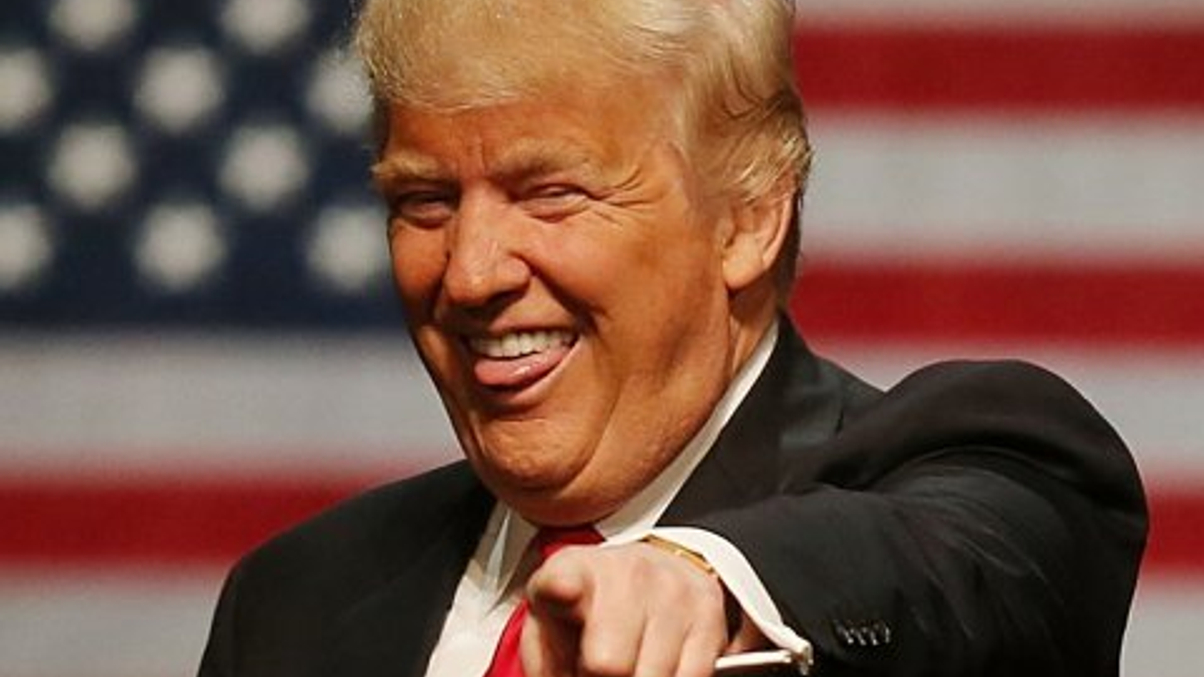Chinese investors shifting away from US assets
With Sino-US tensions mounting over Donald Trump's plans for trade protectionism, among other things, mainland institutions are seen to be eyeing foreign assets outside America.

Chinese investors are showing less appetite for US assets amid tensions between the two countries, and are increasingly looking elsewhere for foreign exposure, say industry executives.
Sign in to read on!
Registered users get 2 free articles in 30 days.
Subscribers have full unlimited access to AsianInvestor
Not signed up? New users get 2 free articles per month, plus a 7-day unlimited free trial.
¬ Haymarket Media Limited. All rights reserved.


